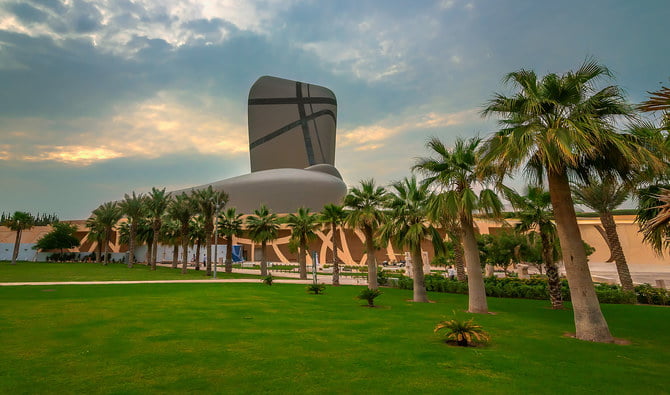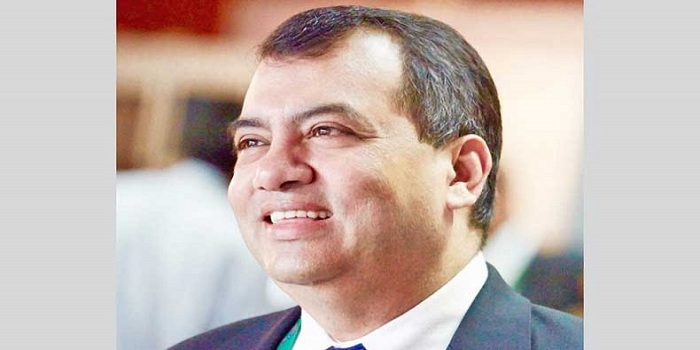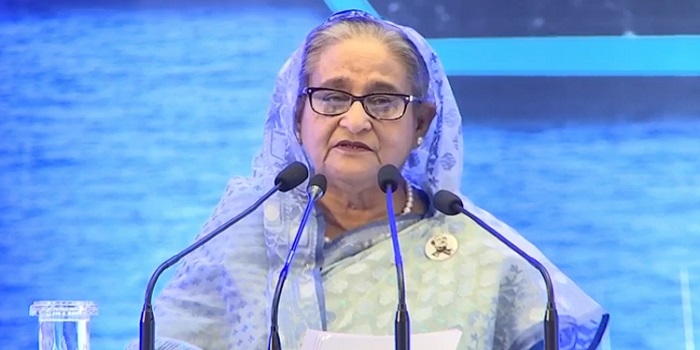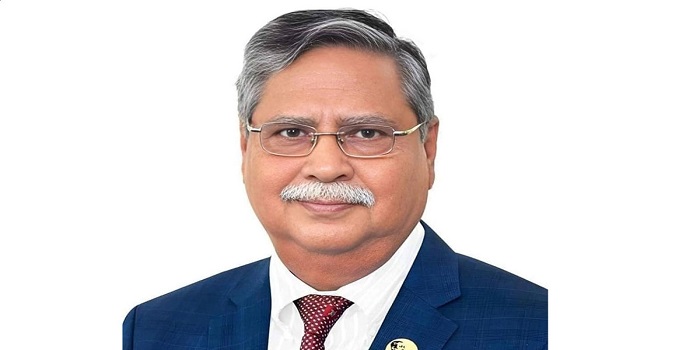Saudi Arabia’s key role in fight against climate change

Climate change is the big long-term issue of the post-pandemic world, and this weekend we will all be better placed to judge the global state of play when US President Joe Biden convenes the Leaders’ Summit on Climate he promised soon after moving into the White House.
Some 40 leaders have been invited to take part in the two-day event, including King Salman. In a demonstration of the importance Biden puts on the issue, and the impact of summitry drama, the event will be available for global public consumption via livestream.
The aim of the summit is for global leaders to update each other on their progress toward the goals of the Paris Agreements on climate change mitigation ahead of the COP26 (26th UN conference of the parties) meeting in November, when the targets can be adjusted according to the needs of the planet.
Most climate experts accept that there is an urgent need to accelerate the process of reducing greenhouse gas emissions. In Paris, all the nations of the world agreed to reduce emissions, however pollution levels have continued to increase over the past five years.
Even the massive hit to the global economy and transport last year due to the coronavirus disease (COVID-19) pandemic caused only a blip in the rising curve, which is expected to climb sharply upwards this year and next as economic recovery accelerates.
The question — both for the Biden summit and COP26 — is what can be done about it, and this is where Saudi Arabia has a unique contribution to make.
The Kingdom, of course, is the biggest exporter of hydrocarbons in the world, and sits on huge reserves of oil and gas. Its resources have fueled economic development at home and around the globe for decades.
Some people do not appreciate this. The eco-warriors of Europe and North America appear to want nothing at all to do with the most powerful and efficient fuel in history and would like to scrap all further investment in hydrocarbons as a prelude to some green utopia where the streets are crammed with Teslas and all business is conducted via Zoom.
But — and this will probably come as news to Swedish environmental activist Greta Thunberg and her friends — the Kingdom has also been hyperactive in the climate change campaign over the past couple of years. This is the message it wants to reinforce at Biden’s summit.
It pioneered the framework of the Circular Carbon Economy, an integrated intellectual strategy for tackling emissions while enabling economic growth. This was endorsed by G20 leaders at the summit under Saudi presidency last year.
It has committed the Kingdom to satisfying 50 percent of its domestic energy needs from renewables by 2030, at the same time launching a project — the Saudi Green Initiative — to plant 10 billion trees in the country to mitigate CO2 emissions.
The recent announcement of the Sakaka solar project was a massive step toward the Kingdom’s ambitions in renewables, with the promise of more to come.
Saudi Aramco — which already produces the cleanest oil in the world, according to independent scientific studies — has spent billions on research and development into cleaner oil production technologies and more efficient engineering to optimize hydrocarbon fuel usage in internal combustion engines.
The Kingdom has pioneered the use of hydrogen, in “green” and “blue” forms, which some energy visionaries see as the fuel of the future. Saudi Aramco shipped the first ever consignment of the fuel last summer.
Saudi Arabia, similar to the rest of the world, still has plenty of work to do. In particular, along with other participants at the Biden summit, it must refine and adjust its national commitments under the Paris Agreements.
And it must strive to ensure its ambitious measures to combat climate change come through as fully implemented and actionable policies.
It could also take the lead in investment to find an economically viable technology for carbon capture, utilization, and storage, which some experts see as the silver bullet against CO2 pollution.
But above all it must hammer home the point that economic growth, which the world urgently needs after the COVID-19 pandemic recession, can only be fueled by the responsible and sustainable use of the world’s precious hydrocarbon wealth.








